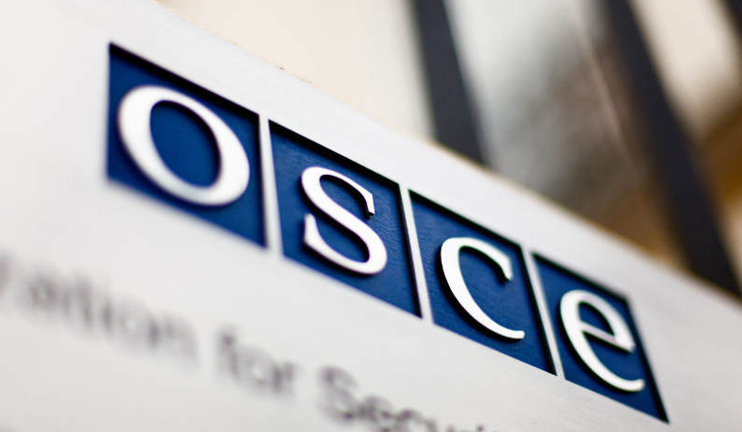
Richard E. Hoagland has been appointed as the new US co-chair of the OSCE Minsk Group as of December 2016 replacing James B. Warlick. In a critical time when the possibility that the dispute over Nagorno Karabakh can spark a full scale war, Hoagland’s appointment is noteworthy.
Prior to serving as U.S. Ambassador to Tajikistan from 2003 to 2006, U.S. Ambassador to Kazakhstan from 2008 to 2011, and as Deputy Ambassador to Pakistan from 2011 to 2013, Hoagland led the Office of Caucasus and Central Asian Affairs in the Bureau of Europe and Eurasian Affairs and was Press Spokesman for the U.S. Embassy in Moscow. Hoagland most recently led U.S.-Russian military coordination for the Cessation of Hostilities in Syria and served as Principal Deputy Assistant Secretary in the Bureau of South and Central Asian Affairs at the State Department in Washington. Therefore he is seen as one of the most knowledgeable diplomats in the US on the region. He was nominated as U.S. Ambassador to Armenia in 2006 after John Evans was recalled from Yerevan. Contrary to Evans, Hoagland’s balanced approach to the Armenian issue cost him this nomination under high political pressure from Armenia and the Armenian lobby in the US.
Hoagland’s appointment as the new co-chair of the Minsk Group seems to have already disturbed Armenians. In a press release Armenian National Committee of America (ANCA) called Hoagland a “seasoned diplomat, Ambassador Hoagland brings a broad array of experiences dealing with the Caucasus, including, most notably, his denial of the Armenian Genocide” which led to “a ‘hold’ on his appointment, and the eventual withdrawal of his nomination as U.S. Ambassador to Armenia.” ANCA warned Hoagland by stating that only if he “engage[s] with American civil society and other stakeholders in the Artsakh peace process”, a constructive relation with Hoagland could be possible. Obviously ANCA’s approach signals an increasing uneasiness by Armenians of a possible disruption to the status quo within the Minsk Group process that is evidently to the benefit of Armenia. Armenians also frequently refer to Hoagland’s work and active role in the Turkish-Armenian Reconciliation Committee (TARC) established in 2001. Thus, it seems that Armenians already began attempts to dictate and monitor US position in the Minsk Group Process.
It must not be overlooked however that usually co-chairs’ personal approach to the mediation process are overshadowed by the structural problems within the Minsk Group. In the 25 years since its foundation Minsk Group continues to be the primary actor of mediation; however, factors such as US, France and Russia’s relations with Azerbaijan and Armenia, their different approaches to Nagorno Karabakh problem and the ongoing competition between these countries lead to the persistence of status quo instead of a permanent resolution to the dispute. Therefore, impact of the Minsk Group became contentious as Azerbaijan’s demands for the abolition of the imbalance in favor of Armenia and its critical views of the functioning of the Minsk Group increased. The Four Day War in 2016 inevitably compelled the Minsk Group to assume a more active role than before as the military, economic and political influence in the region has begun to change in favor Azerbaijan. It still remains to be seen how Hoagland’s appointment will affect the Nagorno Karabakh reconciliation efforts within Minsk Group’s current structure remaining unchanged.
© 2009-2024 Center for Eurasian Studies (AVİM) All Rights Reserved
No comments yet.
-
 SPEECH DELIVERED AT THE CONFERENCE TITLED “GLOBAL AND REGIONAL DETERMINANTS OF TRILATERAL COOPERATION”, TBLISI, JUNE 5TH 2018
SPEECH DELIVERED AT THE CONFERENCE TITLED “GLOBAL AND REGIONAL DETERMINANTS OF TRILATERAL COOPERATION”, TBLISI, JUNE 5TH 2018
Aslan Yavuz ŞİR 21.06.2018 -
CRISIS WITH FRANCE AND ARMENIAN DIASPORA ACTIVITIES IN THE LIGHT OF 2015
Aslan Yavuz ŞİR 22.12.2011 -
A PORTRAIT OF A RADICAL ARMENIAN: SASSOUNIAN’S OBVIOUS HATRED
Aslan Yavuz ŞİR 31.01.2016 -
 NEWLY APPOINTED US CO-CHAIR OF THE OSCE MINSK GROUP RICHARD HOAGLAND
NEWLY APPOINTED US CO-CHAIR OF THE OSCE MINSK GROUP RICHARD HOAGLAND
Aslan Yavuz ŞİR 31.01.2017 -
 TANER AKÇAM AS A PROPAGANDA PROJECT
TANER AKÇAM AS A PROPAGANDA PROJECT
Aslan Yavuz ŞİR 28.11.2016
-
BULGARIA’S REQUEST FOR COMPENSATION (II)
Ömer Engin LÜTEM 07.01.2010 -
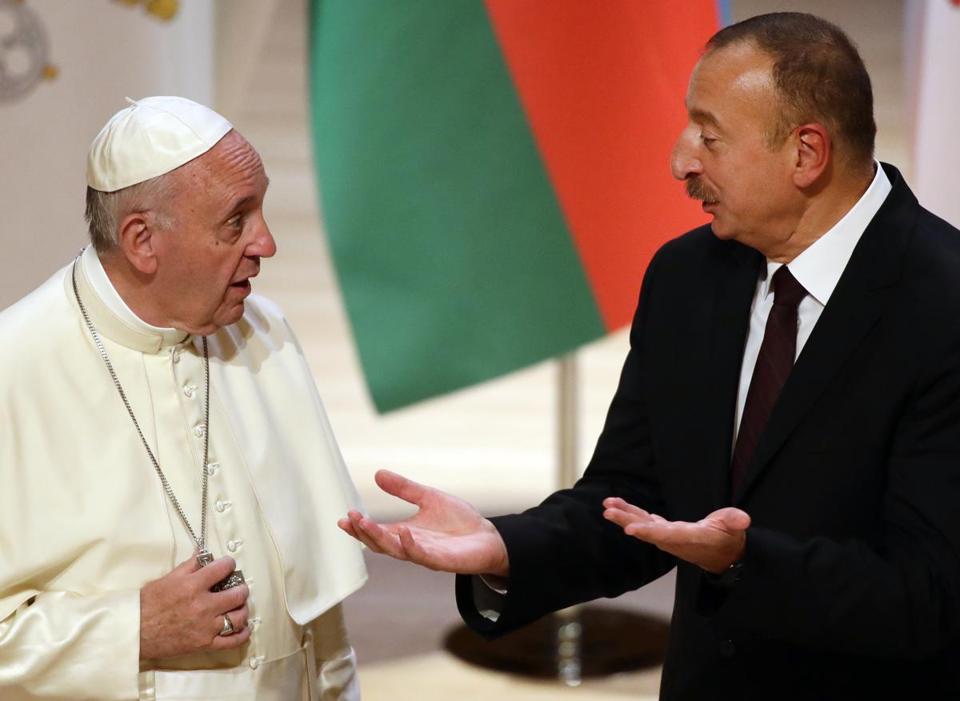 POPE FRANCIS IN AZERBAIJAN
POPE FRANCIS IN AZERBAIJAN
Teoman Ertuğrul TULUN 14.10.2016 -
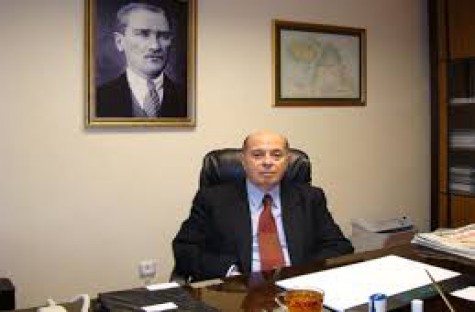 FRANCE AND THE ARMENIAN QUESTION
FRANCE AND THE ARMENIAN QUESTION
Ömer Engin LÜTEM 04.02.2014 -
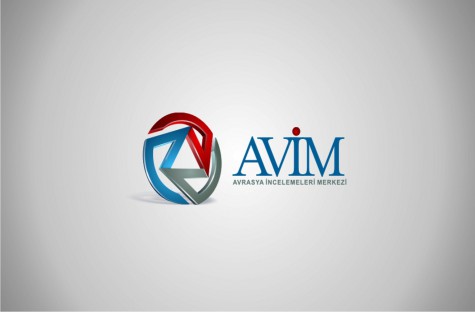 THE EU-RUSSIAN RELATIONS AND THE UKRAINIAN CONFLICT. THE ENERGY UNION, ASSOCIATION AGREEMENT AND GAS NEGOTIATIONS: WHOSE INTERESTS ARE AT STAKE?
THE EU-RUSSIAN RELATIONS AND THE UKRAINIAN CONFLICT. THE ENERGY UNION, ASSOCIATION AGREEMENT AND GAS NEGOTIATIONS: WHOSE INTERESTS ARE AT STAKE?
Maryna SHEVTSOVA 26.04.2015 -
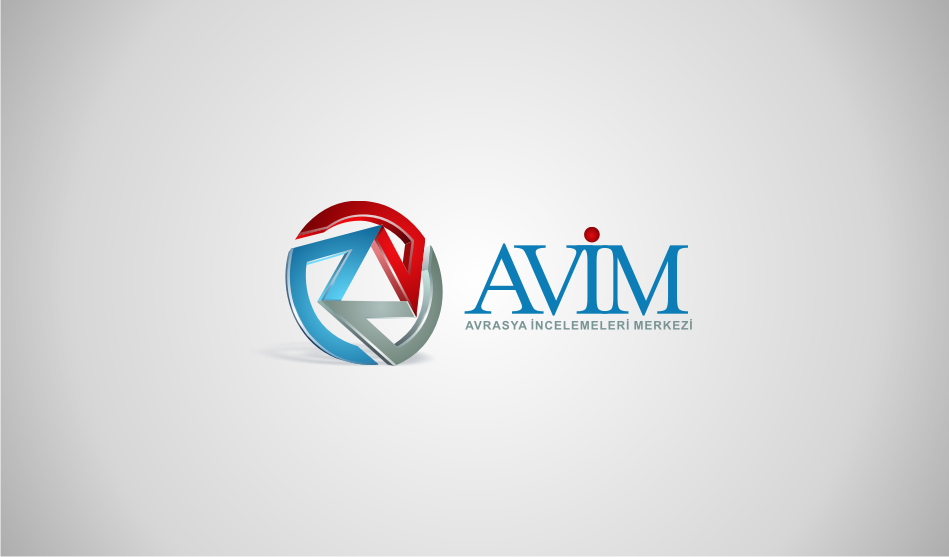 EXTREMIST KURDISH – ARMENIAN COOPERATION IN HISTORY
EXTREMIST KURDISH – ARMENIAN COOPERATION IN HISTORY
Hazel ÇAĞAN ELBİR 28.02.2017
-
19.04.2024
Türk-Ermeni İlişkileri Üzerine Ömer Engin Lütem Konferansları 2023 -
11.04.2023
Türk-Ermeni İlişkileri Üzerine Ömer Engin Lütem Konferansları 2022 -
27.03.2023
RADİKAL ERMENİ UNSURLARCA GERÇEKLEŞTİRİLEN MEZALİMLER VE VANDALİZM -
17.03.2023
PATRIOTISM PERVERTED -
23.02.2023
MEN ARE LIKE THAT -
03.02.2023
BAKÜ-TİFLİS-CEYHAN BORU HATTININ YAŞANAN TARİHİ -
16.12.2022
INTERNATIONAL SCHOLARS ON THE EVENTS OF 1915 -
07.12.2022
FAKE PHOTOS AND THE ARMENIAN PROPAGANDA -
07.12.2022
ERMENİ PROPAGANDASI VE SAHTE RESİMLER -
30.03.2022
Türk-Ermeni İlişkileri Üzerine Ömer Engin Lütem Konferansları 2021 -
01.01.2022
A Letter From Japan - Strategically Mum: The Silence of the Armenians -
01.01.2022
Japonya'dan Bir Mektup - Stratejik Suskunluk: Ermenilerin Sessizliği -
11.02.2021
Türk-Ermeni Uyuşmazlığı Üzerine Ömer Engin Lütem Konferansları 2020 -
03.06.2020
Anastas Mikoyan: Confessions of an Armenian Bolshevik -
08.04.2020
Sovyet Sonrası Ukrayna’da Devlet, Toplum ve Siyaset - Değişen Dinamikler, Dönüşen Kimlikler -
18.03.2020
Türk-Ermeni Uyuşmazlığı Üzerine Ömer Engin Lütem Konferansları 2019 -
08.03.2019
Türk-Ermeni Uyuşmazlığı Üzerine Ömer Engin Lütem Konferansları 2018 -
12.06.2018
Ermeni Sorunuyla İlgili İngiliz Belgeleri (1912-1923) - British Documents on Armenian Question (1912-1923) -
02.12.2016
Turkish-Russian Academics: A Historical Study on the Caucasus -
01.07.2016
Gürcistan'daki Müslüman Topluluklar: Azınlık Hakları, Kimlik, Siyaset -
10.03.2016
Armenian Diaspora: Diaspora, State and the Imagination of the Republic of Armenia -
24.01.2016
Ermeni Sorunu Temel Bilgi ve Belgeler (2. Baskı)
-
AVİM Conference Hall 24.01.2023
CONFERENCE TITLED “HUNGARY’S PERSPECTIVES ON THE TURKIC WORLD"









